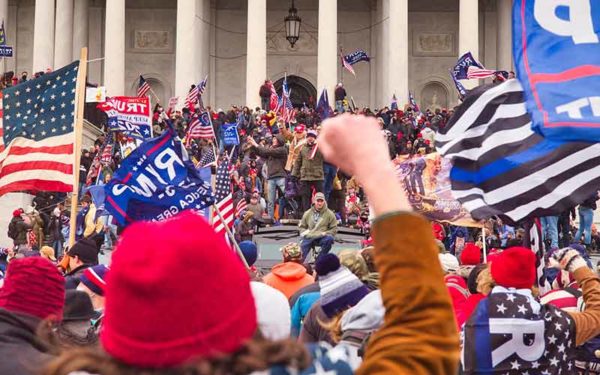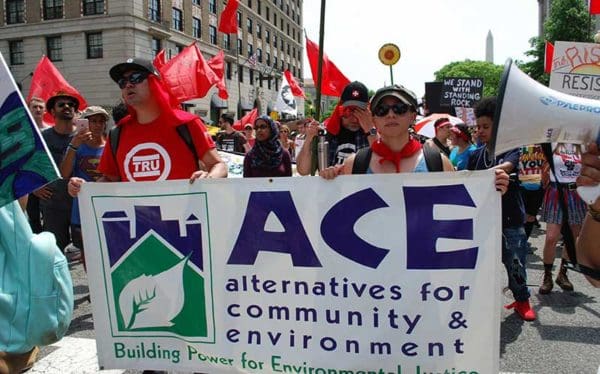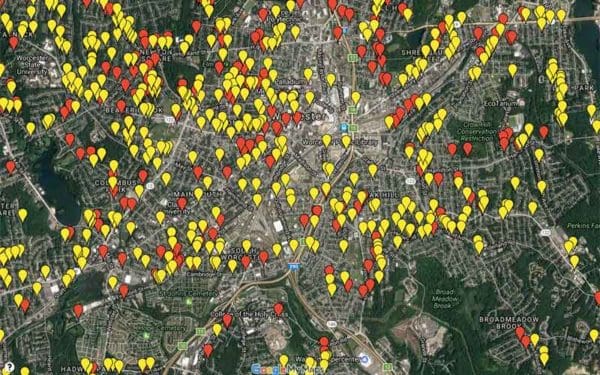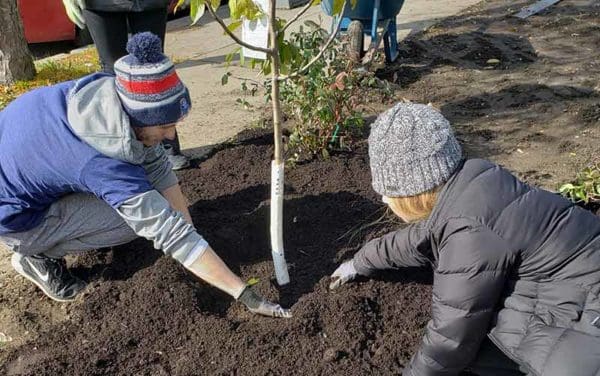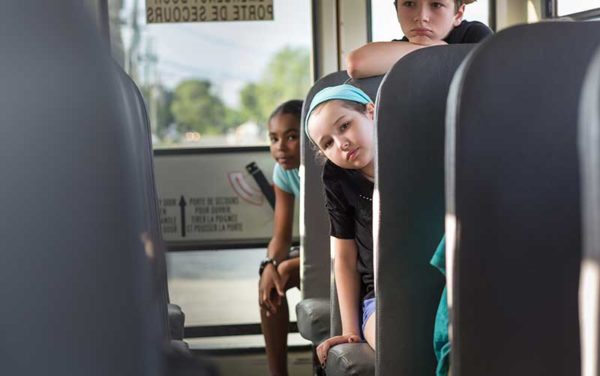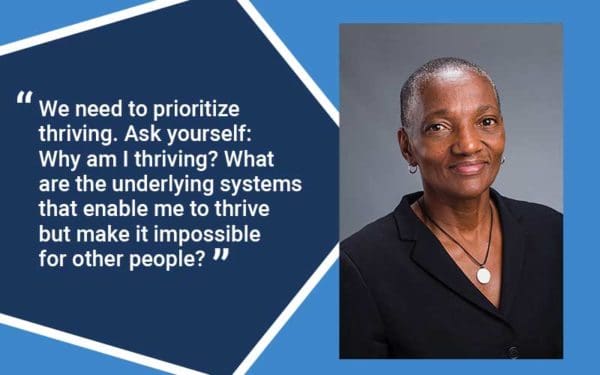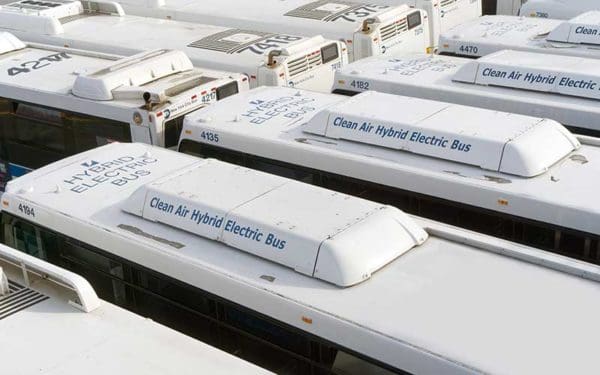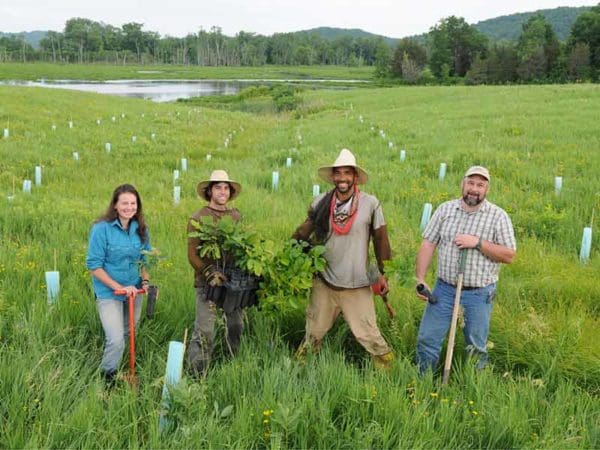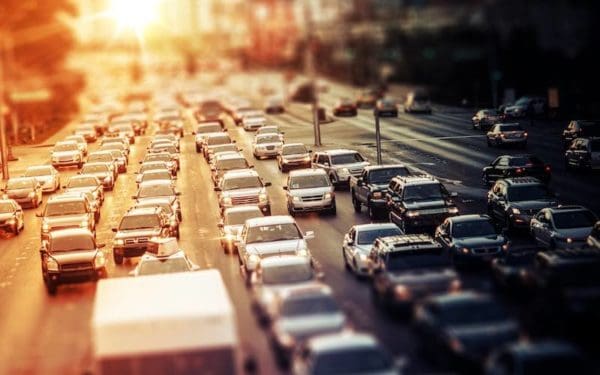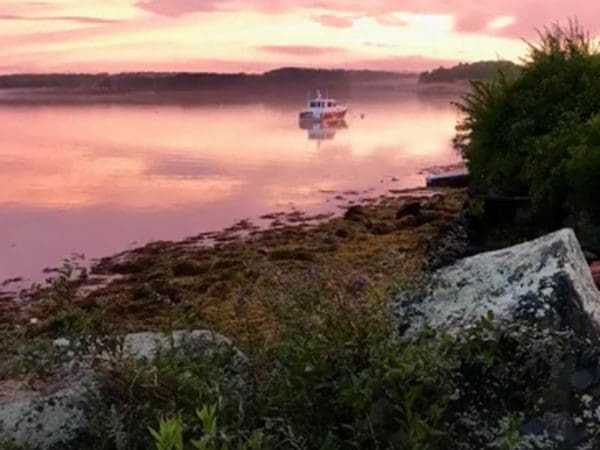Jan 14, 2021
Last week, we witnessed a violent display of white supremacy at the U.S. Capitol – a calculated threat to our democracy incited by our sitting president and his unrepentant allies. As an organization dedicated to the rule of law, we at CLF are demanding the thorough investigation, prosecution, and punishment of all of those connected to it – from the inciter-in-chief to those acting at his urging.
Jan 11, 2021
You can’t protect the environment without helping the community. This idea is the backbone for Alternatives for Community & Environment (ACE), one of the community-based recipients of funds from CLF’s successful lawsuit against Boston’s school bus operator, which was violating clean air laws.
Jan 11, 2021
HEET is using funds received from CLF’s settlement with Boston’s school bus operator to support its work to cut carbon emissions.
Jan 11, 2021
Speak for the Trees focuses on education, empowerment, and advocacy. Yes, they host tree giveaways and tree planting events, but, as its founder explains, “it’s more than just a tree. It’s a way of adapting to this new climate that we’re facing. It’s a way of making sure that Boston is resilient for the future.”
Jan 11, 2021
In our latest case to stop toxic tailpipe pollution, we sued Transdev Services, Inc., under the federal Clean Air Act. Transdev is a leading provider of transportation throughout the country, including Boston’s public school buses. CLF is holding Transdev accountable by requiring them to fund projects at three local nonprofit organizations: Speak for the Trees, HEET (the Home Energy Efficiency Team), and Alternatives for Community & Environment (ACE).
Jan 08, 2021
It’s tempting to boil down good health solely to factors like medical care, healthy food, and exercise. However, many other dynamics, like historic redlining and racial segregation, along with substandard housing, air pollution, crumbling infrastructure, and lack of access to jobs, healthy food, and green space, all play a role. Perhaps no one understands the interplay of these factors better than those who work in healthcare, including Dr. Thea James, who serves as Boston Medical Center’s Associate Chief Medical Officer, Vice President of Mission, and Director of the Violence Prevention.
Jan 06, 2021
The multi-state Transportation and Climate Initiative falls well short of its potential. Here’s what needs to happen to make it a powerful tool for redressing inequities in our communities and cutting climate-damaging emissions.
Dec 23, 2020
COVID-19 has had a profound impact on Vermonters. But, if we move forward in the right way, we can build a resilient future for Vermont. Here are the three priority areas that we must work on to create the future we want.
Dec 21, 2020
“TCI has the potential to fill a glaring gap in transportation funding and to reduce emissions, but it has been fraught by a process that too often ignored community concerns,” said CLF President Bradley Campbell. “While today’s agreement includes important equity commitments, it is the next steps that matter most. CLF can only support this program if these commitments become enforceable policies and truly additive investments in climate and the communities suffering most from air pollution and lack of transportation options.”
Dec 10, 2020
From multimillion-dollar investments to win-win collaborations, good news from New Hampshire’s Great Bay give us reasons to celebrate in 2020. Taken together, these stories remind us that when communities act boldly, we can turn the tide on pollution and restore the health of the rivers, bays, and coast in the Seacoast region and beyond.
